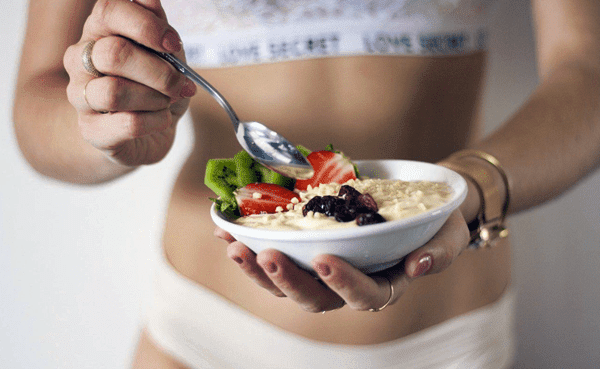5 Common Mistakes in Running a Keto Diet
The ketogenic diet or better known as the diet keto is a meal plan limiting carbohydrate intake. Because of these restrictions, this diet is able to lose weight quickly. The keto diet can also reduce blood sugar levels.
Those who run this diet replace carbohydrates with foods that are high in protein and fat. Because of its ability to reduce weight and blood sugar levels due to restrictions on consumption of carbohydrates, this diet was initially used by diabetics.
The keto diet is thought to be able to help diabetics control blood sugar because of its low carbohydrate nature, especially if they also have obesity.
When undergoing a ketogenic diet, a person is limited to consuming no more than 30 grams of carbohydrates per day. The rest, they are advised to consume protein and fat.
Diabetics are recommended to reduce carbohydrates, but that does not mean removing completely from the composition of daily food.
Running a keto diet for diabetics may be risky if not done under the supervision of a nutritionist. Because a person with diabetes still needs carbohydrates as an energy source. At the very least, they need around 130 grams per day and are advised to come from complex carbohydrates.
Common mistakes that occur when doing a keto diet :
1. Not drinking enough Mineral water
Water is very important to keep our body fluids fulfilled. Fluid deficiency will lead to new problems, such as kidney disease.If under normal circumstances the presence of water is very necessary for the body, when undergoing a keto diet, water needs must be considered more.
When limiting carbohydrate consumption, many adjustments will occur in the body. One of them is decreased blood sugar and insulin levels. When insulin levels decrease, the kidneys release fluid. This is what then causes dehydration.
At the start of a keto diet, most people will feel dizzy and headache due to an unbalanced amount of electrolytes in the body. For that, you should consume about 3.5 liters of water to maintain fluid intake in the body.
2. Not consuming enough fat
In the process of metabolism, our body is accustomed to burning carbohydrates that have changed shape to glucose and then broken down into energy.However, in the keto diet, the body is instructed to no longer break down glucose, because the amount of intake is limited, but is encouraged to burn fat.
Unfortunately, many people who undergo this diet keto have a less precise understanding. Most of them forget to replace lost carbohydrates with fat. One reason is the concern about consuming fat.
Meanwhile, consumption of fat from natural and healthy ingredients, such as milk, yogurt, fish, meat, nuts, and vegetable fats such as avocados and olive oil will not have a negative effect on health.
3. Ignore sleep time
Not only for those who are on a diet, but this is also actually done by almost everyone, especially those who live in big cities with a lot of time and traffic which takes time.Many consider trivial sleep problems because of their indirect effects. In fact, this will greatly affect the success of the diet program that we live.
Some people who undergo a diet keto program want to be able to maintain blood sugar levels in the body and lose weight as a bonus. In fact, lack of sleep will affect the level of sugar in the body.
If you ignore sleep habits, it's like practicing swimming to cure asthma but smoking when you get out of the pool. It's like taking a healthy step, but "compensating" for it (even worsening it) with bad habits that affect health.
4. Limiting salt intake is too tight
Excessive salt consumption will affect blood pressure. However, sodium deficiency obtained from salt will also have an adverse effect on the body, such as cardiovascular disease. That is, the consumption of salt that enters the body must be right.In the first days of a keto diet, the body loses sodium in large amounts through the liquid released by the body. That is why the body needs substitute sodium to keep electrolyte levels balanced.
Phinney and Volek, one of the researchers on a low-calorie diet recommend consuming 3-5 grams of sodium every day. To keep salt intake in the body, we can consume foods that contain salts, such as soup or broth and fermented vegetables
5. Eat too much fat
The principle of a keto diet is to reduce carbohydrates and replace them with fat and protein. This sometimes makes people mistaken by consuming as much fat as possible.Although fat acts as a substitute for carbohydrates, keep in mind that not all fats are good. Even if the fat is good, it does not mean that consuming it excessively will bring better health too.






